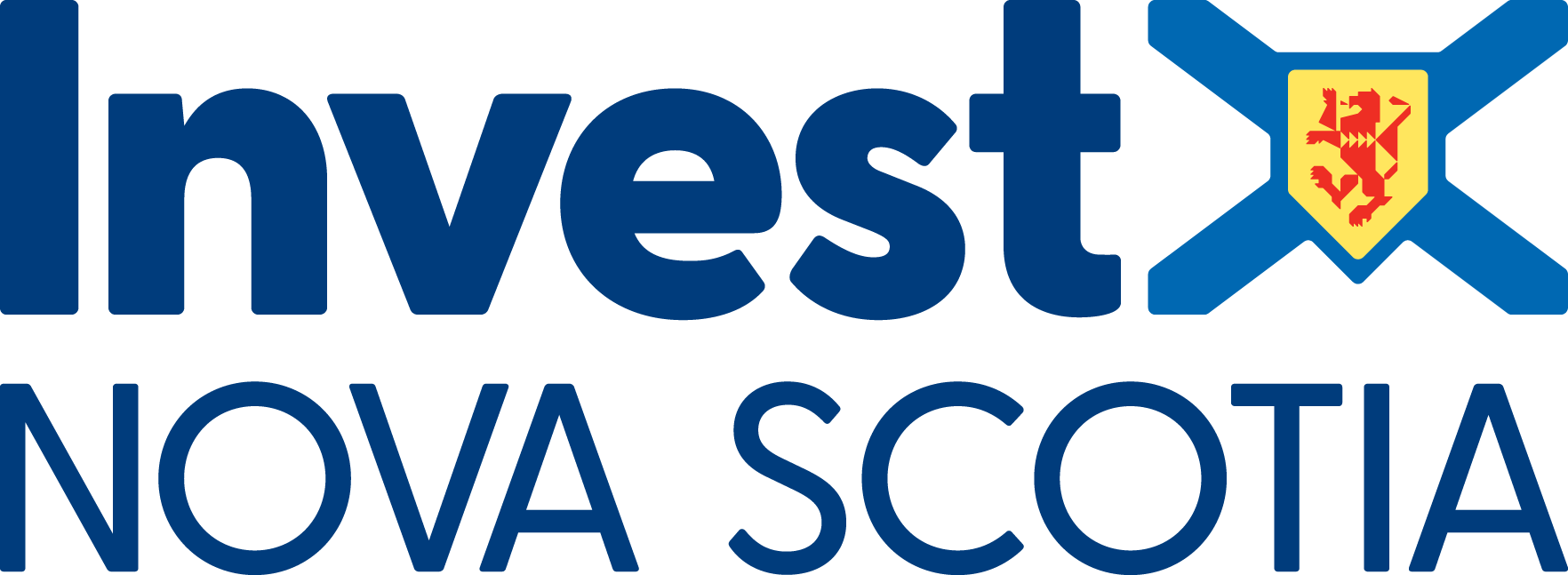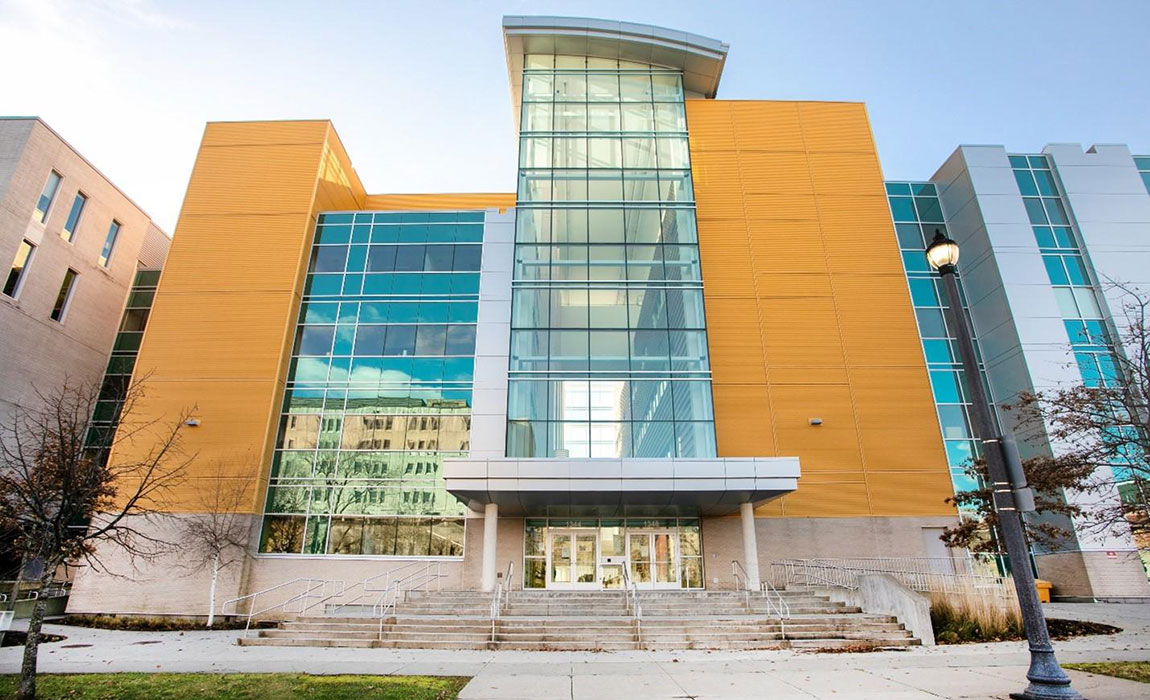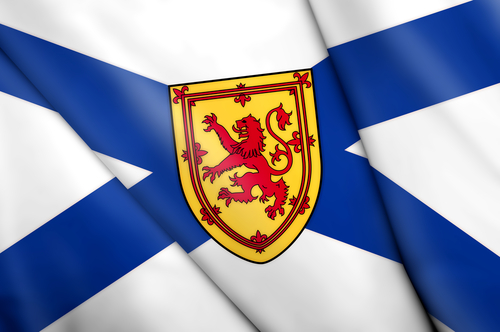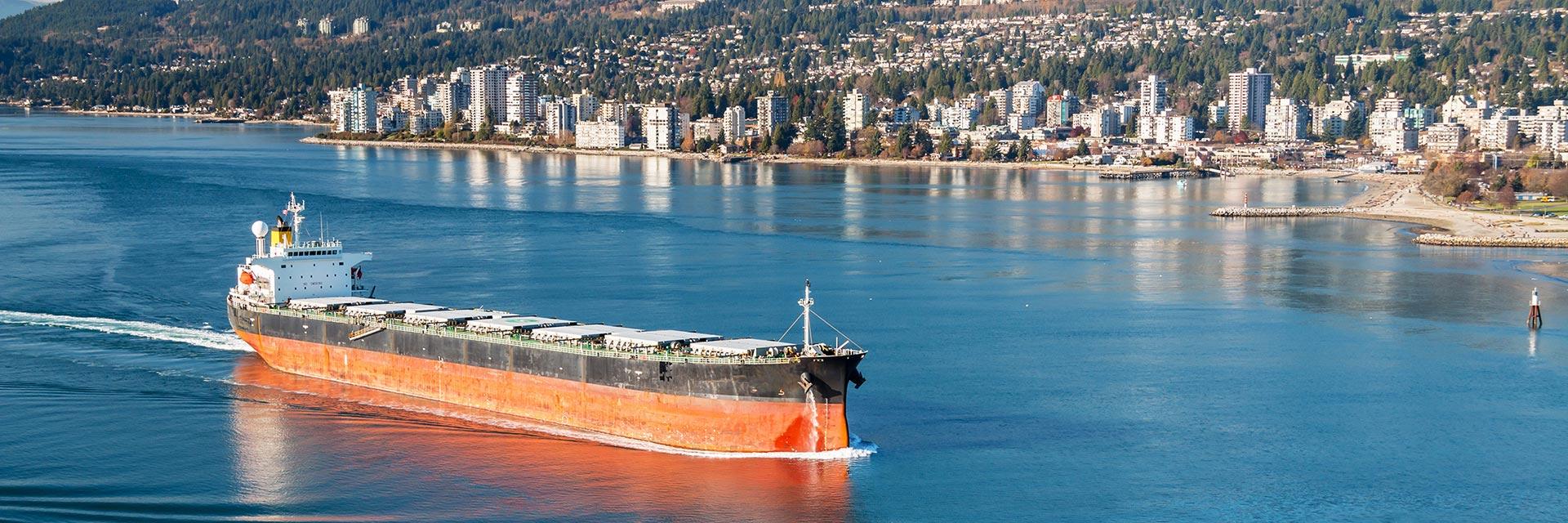Innovating the next generation of maritime artificial intelligence in Nova Scotia
Wednesday, November 18, 2020
As the CEO of GSTS, Richard Kolacz has dedicated his career to uncovering the intelligence to track every ship in the world.
No easy feat, the genesis of this life work began at a space company in Ontario when the U.S. and Canadian Coast Guards were seeking solutions to monitor all ocean going vessels around the world all the time. In a short nine months, Kolacz and his team designed, built and launched a prototype spacecraft that proved this level of global tracking capability was possible.
Today, that Canadian innovation is a global success story. Kolacz and the GSTS team continue to provide and innovate air traffic control for ships around the world using powerful artificial intelligence. With the recent federal contract under their belt, GSTS is launching further capabilities with the OCIANA™ system, rapidly processing satellite data with other data sets harvested from ocean, weather and port activity sources, providing critical safety and consumption decision-making information.
“Unlike an aircraft, where you know exactly when it's due to arrive because it's being tracked all the way, ports and terminals, cargo and shipping people aren't sure when their vessel is going to arrive, and if the berth is available. So, what we do is provide that predictability. We provide enhanced time-of-arrival information, which is important for everybody in the logistics chain,” says Kolacz.
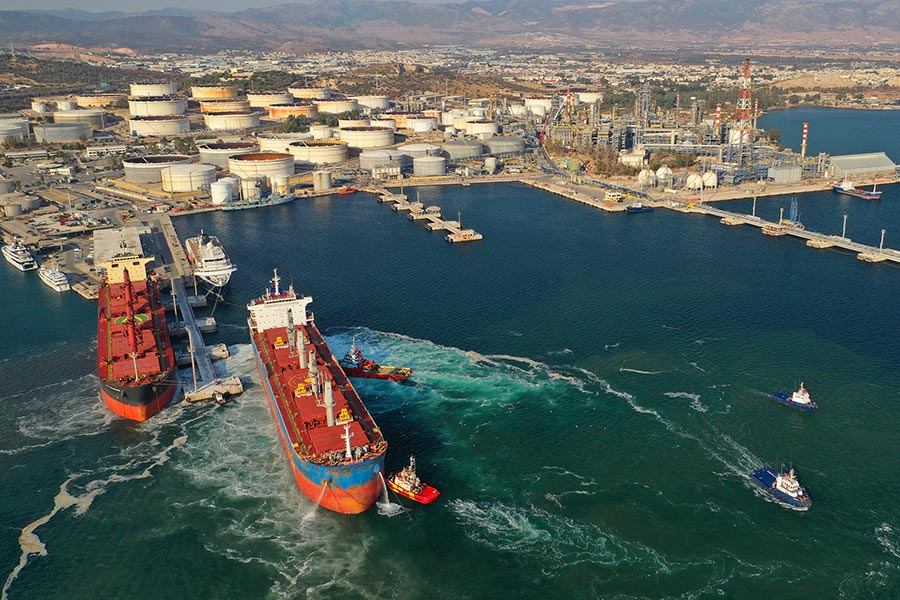
Predicting the unpredictable
Maritime industry needs predictability — for environmental impact, increased safety and cost savings. A great example is GSTS can recommend an optimum speed for ships, which reduces emissions. “The models and simulations we do help provide better control of ships to maintain the right speed and arrive at the port at the right time. It works like Google Maps when you're driving your car, it tells you there's work ahead, so take an alternate route or slow down. We can actually save up to 100 million tons in CO2 emissions a year and several billion dollars in fuel costs.”
Expansion on a global scale
When GSTS opened a Halifax location in 2017, the plan was to cement the building blocks of their future business growth. A recent key contract win will put those building blocks to the test. Kolacz explains, “We won a contract most recently from Innovation, Science and Economic Development (ISED) Canada, which is now allowing all of the different government agencies — the Department of National Defense, Transport Canada, Coast Guard, Public Health Canada — to test our risk management tool, including the COVID risk management capability.”
“So that's the first demonstration of some of the building blocks we have been putting together, and the government of Canada will now be able to use that and demonstrate it from coast to coast to coast. We're leveraging that to offer the same capability to international organizations, maritime organizations, all around the world.”

Using AI and maritime data to help combat COVID-19
The need for security and safety has never been truer for the maritime industry than during COVID-19. GSTS has been able to step up, not just through their operational set up to work and produce remotely, but their ability to identify COVID-19 risks for vessels.
“With the recent award from the government of Canada, one of the elements we have incorporated in our risk assessment is the ability to identify COVID-19 risk for vessels entering a country or for contact between vessels. In fact, during this time we have recruited an additional 10 people to meet the demand.”
OCIANA: a new era in maritime intelligence
NEWS: GSTS Awarded Contract for Vessel Risk Detection Using Artificial Intelligence Algorithms
When GSTS says their new platform OCIANA™ is set to change the maritime sector, they are seeing a future system called sea traffic management where the location of every vessel is known, and how it should move.
OCIANA™ rapidly processes satellite data with other data sets harvested from ocean, weather and port activity sources to provide decision-making information. “What people don't see behind the scenes is OCIANA can ingest all kinds of data. We're looking at information on whales, on shipping, on pollution, on logistics, and the ability to develop applications from that is almost unlimited. It's the same as having a smartphone with no apps on it, and we're developing the apps, from all the data sources that are available.”
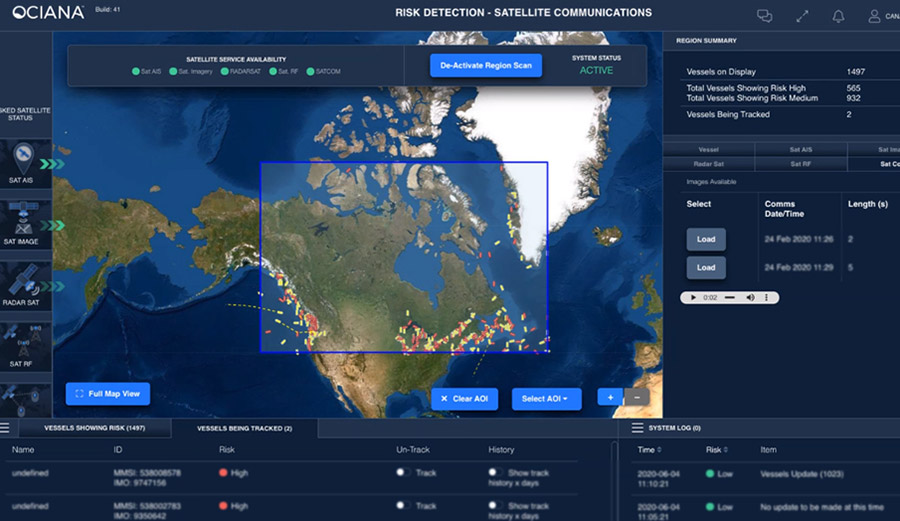
Where better to launch the next era in maritime intelligence than Nova Scotia
For GSTS, Nova Scotia was the right decision given the educated workforce with the right skillsets. “We're recruiting people coming out of the Maritime academic institutions with good data processing skill sets. We're also attracting talent from around the world, so we are recruiting people that have advanced degrees — PhD's, MSc's — from across Canada and around the world. It goes to the significance of, in our view, creating the world's first and most capable and dedicated artificial intelligence maritime-focused capability in the world.” “That's a really significant step, and it's being done in Nova Scotia.”
Want to learn more about GSTS and the next era in maritime intelligence? Subscribe to our newsletter The Insider to stay up to date on events, news and updates from companies like GSTS.
